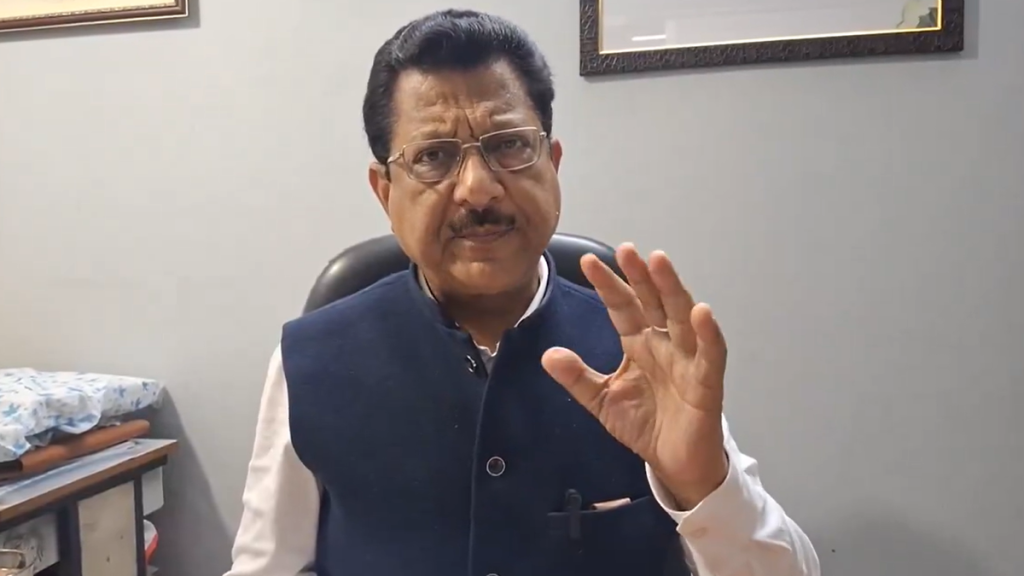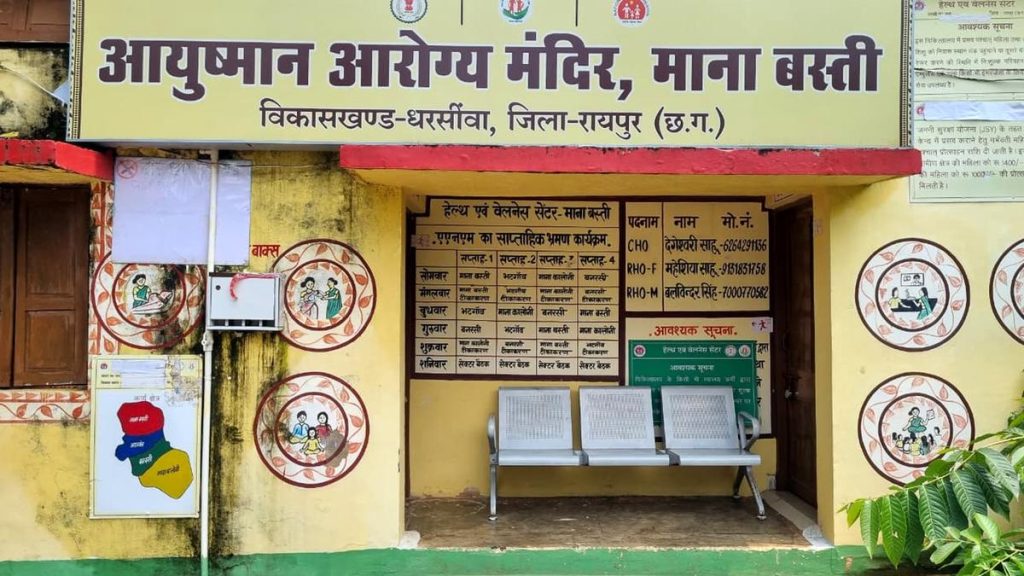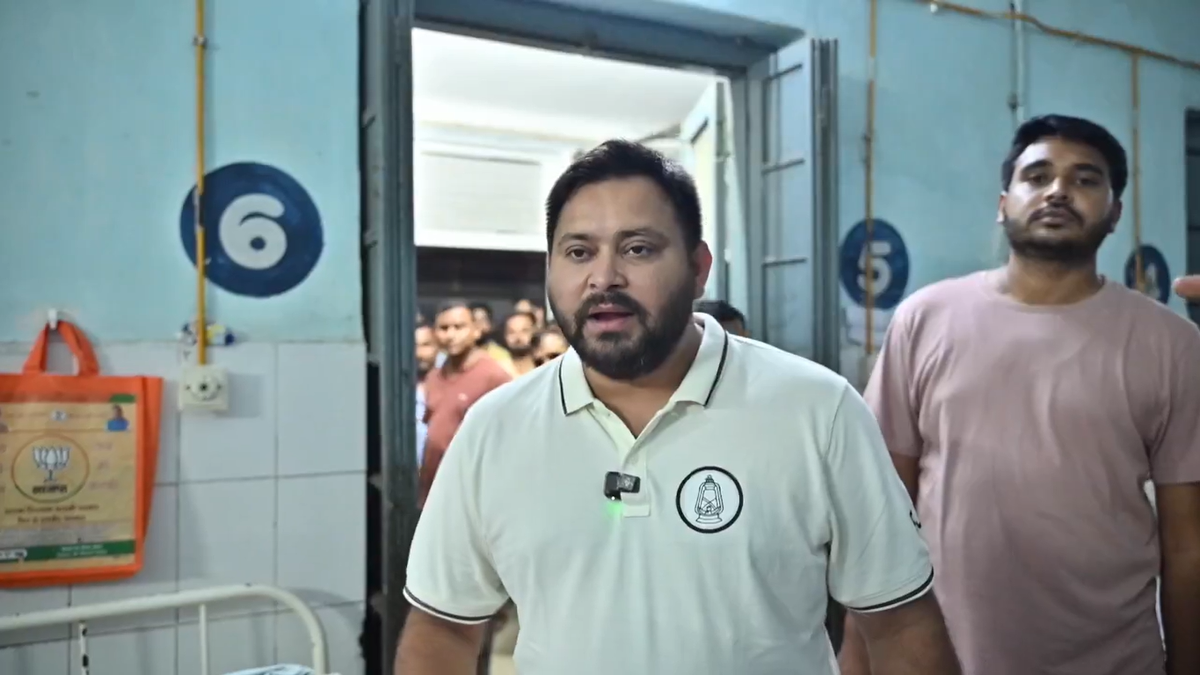Now Reading: AP High Court Chief Justice Calls for Action Against Gender Discrimination
-
01
AP High Court Chief Justice Calls for Action Against Gender Discrimination
AP High Court Chief Justice Calls for Action Against Gender Discrimination
Quick summary:
- andhra Pradesh High Court Chief Justice Dhiraj Singh Thakur emphasized the need for educational institutions to conduct awareness programs on laws like the Protection of Children from Sexual Offences (POCSO) Act, especially targeting boys in classes IX and X.
- He spoke at a State-level stakeholders consultation titled “Safeguarding the Girl Child: Towards a Safer and Enabling Environment for her in India” organized by the A.P. High CourtS Juvenile Justice Committee,in association with state and legal authorities.
- Justice Thakur highlighted persistent gender discrimination issues such as early marriages stemming from societal views of girls as burdens rather than assets. He called for better implementation of protective laws.
- Bombay high Court Judge revati Mohite Dere stressed a multi-faceted approach focusing on education, skill development, leadership opportunities for girls, and creating safe public spaces. She emphasized addressing patriarchal mindsets using community involvement.
- Strategies mentioned included educating boys about responsibilities under applicable laws to prevent crimes like sexual assault and challenging systemic cultural inequities through collective efforts between government bodies, NGOs, private organizations, parents, and community leaders.
- Infrastructure improvements like street lighting, clean restrooms, safe transportation were recommended alongside specialized police training to handle cases involving girl children empathetically.
Indian Opinion Analysis:
This consultation highlights India’s enduring struggle with gender inequality despite meaningful legislative frameworks aimed at protecting women and children. While reinforcing the importance of empowering girls through education and equal opportunities is commendable-echoed even by global figures such as Malala Yousafzai-the attention given to educating boys signals a progressive effort toward holistic societal change.
Justice Dere’s appeal to shift focus from instructing only girls toward sensitizing boys reflects an significant paradigm shift crucial for breaking cycles of gender-based violence. The recommendations targeting infrastructure reform align well with practical safety concerns faced by women daily. however, ensuring accountability among institutional stakeholders (e.g., police force) will be vital in translating these diverse strategies into tangible improvements.
The collaborative approach leveraging communities underscores India’s potential strength in combating entrenched social norms concerning gender roles-a necessary foundation toward fostering equality nationwide.
Image:
!spacer.png”>Source

























